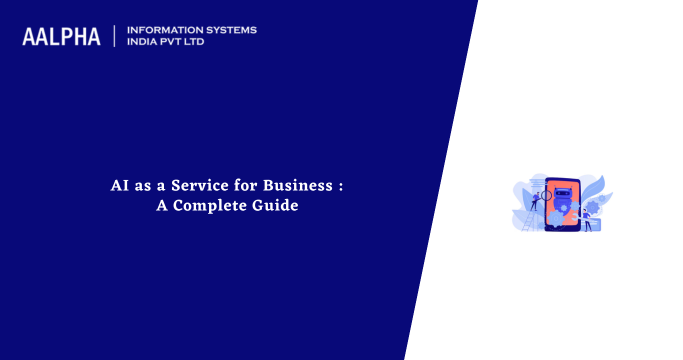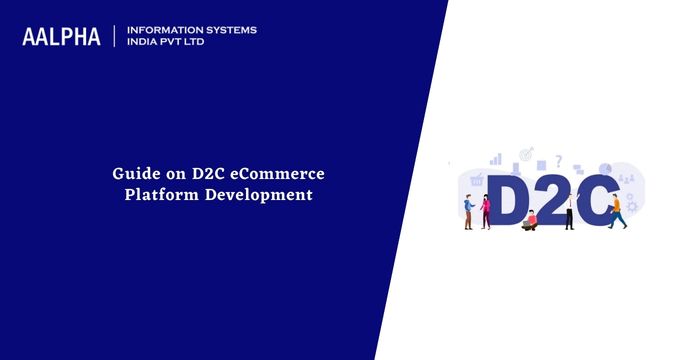OPEN SOURCE: NOW v/s THE FUTURE
Businesses across enterprises are being driven by software. Enterprise software development projects are huge in budgets and take a lot of time for development. Until recent times, enterprise software has mostly focused on proprietary code. Developing code for projects in-house is seen as giving birth to intellectual value (“property”). The developed code has always been kept private.
However, the world has changed and so has the perception, In the last decade, open source software (OSS) has risen to the throne to change the way software is developed and delivered.
What is Open source?
The term “open source” means anything that is openly accessible to the public whose design can be easily modified by them. Having found its inception in the computer software development industry, open source represents an entire gamut of values. A cluster has developed around this offering- open source projects, products, and initiatives celebrate this trend of open exchange, collaboration, rapid prototyping, transparency and community development.
Background
A proven medium over the last decade, open source software has transformed the way companies function to compete. Today, organizations are using open source platforms to augment their solution and develop innovative software to address market needs. They are embracing the open source way to develop products fast and easy.
Open Source methods have transformed the way modern software is developed. Linux is the best example of an open source platform having caught popularity across the community of students, researchers, developers etc. Open source Eclipse tools transformed the IDE business. AJAX was completely driven using Open source framework. With Hibernate and Spring offerings from open source, conventional application server stack is already under pressure for survival. Not limited by boundaries, open source platforms have spread their wings across areas such as BPM, messaging and enterprise service bus projects. This will continue as open source continues to infiltrate mainstream development at lightning fast speed.
With the software development paradigm is set to evolve, open source software is taking onto the tenor of established commercial software. Not only are key platforms here like Eclipse, JBoss, Spring and Hibernate backed by large and established software companies, these enterprise software solutions are highly beneficial and continuously evolving with their community.
With choices galore around independent as well as organized development services, it is imperative to pick up the right software to beat your competition. This needs multiple areas of focus. Not only should you have rigorous control over software development costs, but also access to the right resources aligned with your needs. Licensed software are heavy weight solutions with high associated costs. In such a scenario, open source software solutions are offering an upper hand to businesses across the globe.
Easier said than done, organizations experimenting with open source are often left pondering over concerns. An open source solution indeed will bring great cost reduction benefits. However, the dilemma crops up when this is not easy to achieve as this involves considerable human resources adaptation efforts.
Despite the challenge, open source offers a great learning and experimentation platforms with its ever evolving community of developers. It is easier to access manpower with your desirable experience and skills. This makes it a preferred choice for businesses looking at developing solutions cheap and fast.
So can companies turnaround with open source in a short internal and are the effects going to show up quickly?
Well, everything takes its own time and so will open source! In the long term, both the licensed as well as open source software will evolve. As technology and social conversations grow, the developer community will be stitched together further, making open source software more popular. This would also make it mandatory for closed source companies to use open source solutions to offer better solutions. If they don’t, they will perish.
So, what should you do as organizations of today’s IT landscape?
As IT organizations of the 21st century, businesses need to be aware of the contents and offerings in the open source market and its ramifications on their business- either direct or indirect. Rather than looking at open source platforms purely from a cost reduction perspective, organizations need to look at the bigger picture. Will open source software solve their business problem? If yes, how does it fit into their scheme of things? Will they use open source extensively or for support? Will they garner community support or not? Answering such questions will help organizations make the right decision.
In the recent wake of things, big organizations like Microsoft, Oracle etc. have opened their eyes wide to the open source software industry. A few steps taken by Microsoft to make their presence felt in open source domain are:
> Microsoft will be soon supporting Docker containers and Kubernetes container management on Windows and Azure
> Quick to fame, multicloud platform- Azure has 25 % of its virtual machines (VM) running on Linux. It also supports five Linux servers as VMs: CoreOS, CentOS, Oracle Linux, SUSE and Ubuntu.
> Microsoft .NET Framework was made open source last year
> Windows now supports emulation for Android-the open source platform
> Microsoft has also joined many open source consortiums like AllSeen Alliance, Internet of Things (IoT), Open Daylight, software-defined networking; and the R Consortium, R language development
> Yet another example would be the Twitter messaging app. It clearly shows how Twitter used open source to influence the community and benefit organizations across several other industries.
> Such initiatives by global leaders speak for itself.
So what do we see as the future of open source?
As we delve further into the era of technology, it will become increasingly difficult to integrate, develop, and extend closed source software. Businesses will quickly take on to open source platforms to quickly develop solutions to address market needs and beat competition.
The 2015 Future of Open Source Survey also points to the increased adoption of open source and highlights the growth in number of organizations participating in the open source community.
According to the survey results:
> 78% of companies run on open source
> 64% of respondents said their company currently participates in open source projects, This is an increment of 14% YOY.
> 88% expect their companies to increase open source contributions as compared with 56% last year.
Not just numbers but the perception has also changed.
> 50% respondents feel open source involvement helps their company recruit top talent.
> 55% respondents feel open source delivers better security
> 89% respondents feel open source greatly impacts the speed of innovation
In our view, sooner the open source business will evolve into a dual licensing model- a mix of a non-liberal license and a commercial license to align user revenues with commercial licensing.
Whatever be the future, open source is here to stay and transform the world of software development. We, at Aalpha, have been supporting organizations across the globe in making it through their journey of transformation with our outsourcing services on open source platforms.
Also check: Hire software developer India





Share This Article:
Written by:
Stuti Dhruv
Stuti Dhruv is a Senior Consultant at Aalpha Information Systems, specializing in pre-sales and advising clients on the latest technology trends. With years of experience in the IT industry, she helps businesses harness the power of technology for growth and success.
Stuti Dhruv is a Senior Consultant at Aalpha Information Systems, specializing in pre-sales and advising clients on the latest technology trends. With years of experience in the IT industry, she helps businesses harness the power of technology for growth and success.